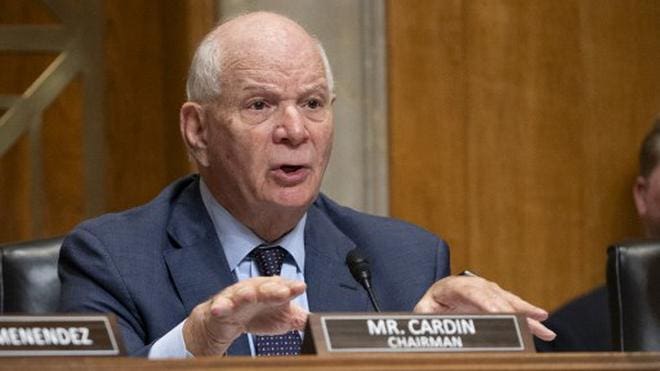
A senior American senator on Monday has expressed concern over the Indian government notifying rules for the implementation of the Citizenship (Amendment) Act, 2019.
Senator Ben Cardin, chairman of the powerful Senate Foreign Relations Committee, said that it is important to protect the shared values and human rights of all, irrespective of religion, in order to strengthen the cooperation between the US and India.
“I am deeply concerned by the Indian government’s decision to notify its controversial Citizenship Amendment Act, particularly the law’s potential ramifications on India’s Muslim community. Making matters worse is the fact that it is being pushed during the holy month of Ramzan,” Senator Cardin said in a statement.
Last week, the US State Department had also issued a statement raising concern over CAA and stressing the importance of religious freedom and equal treatment under the law for all communities.
Though the American gesture could only be seen as procedural, amid the mounting pressure from the international community, this appears to be another blow on the BJP government’s arbitrary move to notify CAA rules ahead of Lok Sabha elections.
As usual, India has refused to entertain the U.S. State Department criticism and termed it ‘misinformed and unwarranted.’The Union Home Ministry notified the Citizenship Amendment Act’s (CAA) rules on March 11.
The Citizenship Amendment Act offers to provide citizenship to immigrants from six minority religious communities “except Muslims” from selected neighbouring countries Bangladesh, Afghanistan and Pakistan, on the condition that they have lived in India for six years and entered the country by December 31, 2014.
The criterion behind the selection of these countries and the eviction Muslims from the scope of the legislation was widely criticised from the beginning. Moreover, there were massive protests across the country after the amendment was passed by Parliament in December 2019 and received the presidential assent subsequently.



